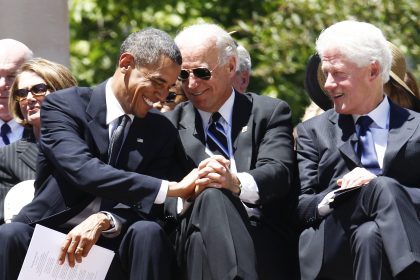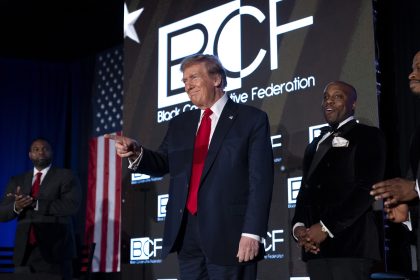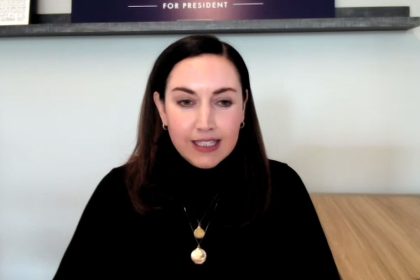Meta Policy Update Complicates Midterm Outreach

SAN ANTONIO — Political organizations are preparing to modify their outreach approach ahead of Meta Platforms’ removal of some detailed targeting options in January.
New limits on advertisers’ ability to target users based on their interactions with social media content were announced in a blog post penned by Graham Mudd, vice president of product marketing for Meta, TWN previously reported.
Although the new limits prevent organizations from targeting individuals based on sensitive identifying topics, many other options still remain to target individuals based on their interests, Cat Stern, director of digital persuasion for Authentic, told The Well News.
“The way we use targeted advertising as we know it is going to change,” Stern said. “Interest-based targeting — like the interest-based segments we use — many of them will remain, but specifically for political advertisers there are some segments that are going to impact us greatly.”
Stern continued, “We use this major segment called ‘likely to engage with liberal content,’ or ‘likely to engage with conservative content,’ [and] there’s a moderate version as well. And that can just help us define interest-based audiences pretty quickly.”
Organizations will no longer be able to layer the information users are “likely to engage” with in conjunction with their interests in political figures, Stern said, but firms like Authentic will still be allowed to target some users while excluding others. Further, organizations can still upload voter lists and create “look-alikes” for political targeting even if they are unable to engage with users based on their interactions with social causes or political groups.
While the update to Meta’s advertising policy is “frustrating” to digital firms like Stern’s, a litany of options still remain to target users based on other segments, like their gender, age and geographical location. Searching for potential primary voters using ZIP codes is still useful for outreach organizations, but renders their methods less efficient overall.
“I think we’re going to have to sort of think a little bit more creatively about how we’re targeting folks through interest-based targeting,” Stern told The Well News. “For online fundraising, it definitely adds some hurdles, especially for newer candidates who don’t necessarily have established email lists.”
In their decision to alter the company’s policies, Mudd said some advertising partners expressed concerns about their capacity to “generate positive societal change.” To combat this, Meta left intact their partners’ ability to connect with customers through “Engagement Custom Audiences,” allowing them to reach people who have already shown interest in their specific content.
For instance, Stern said if a campaign has been live on the social media platforms prior to changes going into effect on Jan. 19, it can still target individuals based on interest segments through mid-March. In essence, some campaigns will be temporarily exempt from the new policies during midterm primaries in Texas and North Carolina.
“I think the bottom line is that this is another obstacle for political advertisers in the digital space,” Stern told The Well News. “We’ll, of course, be able to react and come up with ways to sort of do what we were doing in the past. But [Meta’s changes] are just going to essentially continue to make our advertising less efficient. And, you know, it might make us think about putting our ad dollars elsewhere.”
Reece can be reached at [email protected]
























